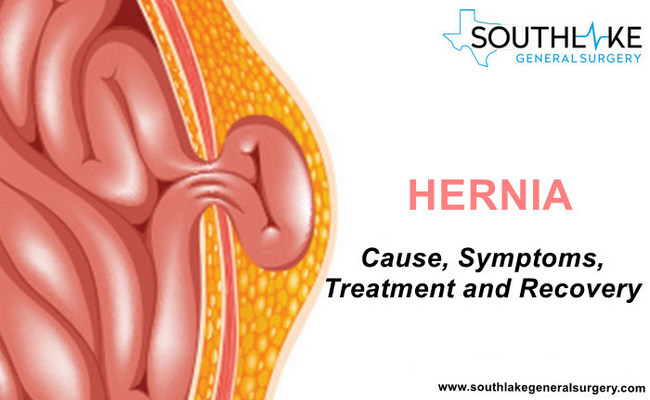A hernia happens when an organ pushes through an opening in the muscle or tissue that holds it set up. For instance, the digestive organs (intestines) may get through a debilitated zone in the stomach wall. Numerous hernias happen in the midriff between your chest and hips.
Most hernias aren’t promptly dangerous, yet they don’t leave all alone. Now and again they can expect medical procedure (surgery) to forestall perilous difficulties and more on abdominal hernia surgery complications.
Major Cause of Hernia
Hernias are brought about by a mix of muscle weakness and strain. Contingent upon its cause, a hernia can grow rapidly or over a significant stretch of time.
Some regular reasons for muscle weakness or strain that can prompt a hernia include:
- An inherent condition that happens during advancement in the belly and is available from birth.
- Aging.
- Damage from a surgery or injury.
- Chronic obstructive pneumonic issue (COPD).
- Chronic coughing.
- Strenuous practice or lifting substantial loads.
- Pregnancy, particularly having various pregnancies.
- Constipation, which makes you strain while having a defecation.
- Being overweight or fat.
- Fluid in the stomach area, or ascites.
Symptoms of a hernia
The most widely recognized symptom of a hernia is a lump or bump in the influenced region. For instance, on account of an inguinal hernia, you may see an irregularity on either side of your pubic bone where your crotch and thigh meet.
You may find that the lump vanishes when you’re resting. You’re bound to feel your hernia through touch when you’re standing up, bowing down, or coughing. Uneasiness or torment in the region around the lump may likewise be available.
A few kinds of hernia, for example, hiatal hernias, can have increasingly explicit manifestations and hiatus hernia causes anxiety. These can incorporate things like indigestion, inconvenience in gulping, and chest pain.
Treatment of Hernia
Hernias can be fixed with either open or laparoscopic surgery. Laparoscopic surgery utilizes a small camera and miniaturized surgical equipment to fix the hernia with small incision just a couple of little entry points. It’s likewise less harming to the encompassing tissue.
During open surgery, the surgeon makes a cut or incision near the site of the hernia, and afterward pushes the swelling tissue once more into the abdomen area. They at that point sew the region shut, once in a while strengthening it with surgical mesh. At last, they close the incision.
Not all hernias are reasonable for laparoscopic surgery. On the off chance that your hernia requires an open surgical repair, your surgeon will work with you to figure out which kind of surgery is best for your condition.
Recovery
After your surgical procedure, you may encounter pain around the surgery area. Your surgeon will recommend medicine to help facilitate this uneasiness while you recuperate.
Make certain to deliberately adhere to your surgeon’s guidelines including wound care. Get in touch with them immediately in the event that you notice any hernia surgery complications infection or indications, for example, fever, redness or drainage at the surgery site, or agony that unexpectedly worsens.
For more information and consultation related to your present medical, please book an appointment with our healthcare expert at https://www.southlakegeneralsurgery.com/make-an-appointment/

